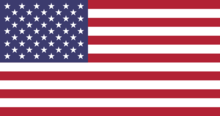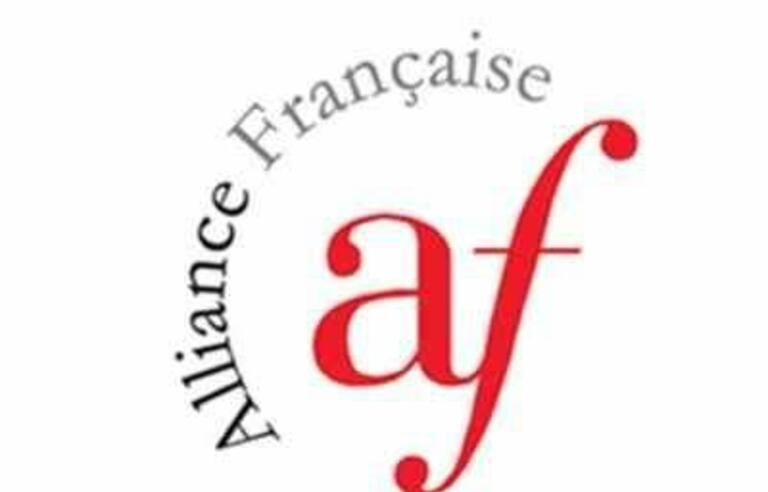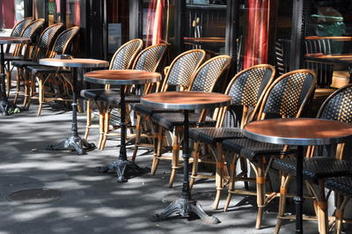Tuition & Costs in France

Choosing to study in France offers access to high-quality education at an affordable price.
Tuition fees at French public institutions are low because the state subsidizes a significant portion of the costs. While the actual cost of education is comparable to other countries (around €10,000 per year), the state covers much of this amount, making higher education more accessible.
Tuition Fees for the 2024/2025 Academic Year
For French and EU/EEA/Swiss students
The French state continues to cover most of the education costs at public institutions. The tuition fees for 2024/2025 are:
- €175 per year for undergraduate (Licence) studies
- €250 per year for graduate (Master's) studies
- €618 per year for engineering programs supervised by the Ministry of Higher Education**
- €391 per year for doctoral (PhD) studies
*Note: Some non-EU students also benefit from these rates based on their status or the degree they are pursuing, such as:
- Quebec residents
- Long-term residents in France (over 2 years)
- Refugees and beneficiaries of subsidiary protection
- Doctoral students
- Students in preparatory classes for the grandes écoles enrolled in a university Licence
- Students enrolled in a public institution before 2019, or in a French as a Foreign Language (FLE) center before 2020*
Note: Specific schools such as the Ecoles Centrales and the Ecole des Mines in Nancy have higher fees (€2,572 for programs starting after September 2018).
For Non-EU Students
If you are enrolling for the first time in undergraduate, Master’s, or engineering programs for the 2024/2025 academic year, you will be subject to differentiated tuition fees. The state will still cover two-thirds of your education costs. The fees are:
- €2,850 per year for undergraduate (Licence) studies
- €3,879 per year for Master’s studies
For doctoral programs, non-EU PhD students will pay the same rate as French and EU students (€391), as differentiated fees do not apply.
Additional Information
Some public institutions, such as engineering schools supervised by other ministries (Defense, Economy, Agriculture), have different fee structures. You should check the specific tuition fees on the institution's website. Also, note that entrance exams for engineering schools may have additional costs.
Clarifying Tuition Fees for Your Situation
Differentiated Tuition Fees Apply to Non-EU Students
If you do not fall under any of the categories listed above and are enrolling in a public higher education institution for the first time, differentiated tuition fees will apply.
Tuition fees at private institutions in France
Tuition fees at private institutions, particularly business schools, are significantly higher than in public institutions. Generally, they can range from €6,000 to €18,000 per year. Check the website of each institution to find out the exact tuition fees for your program.
18% of students in France are enrolled in private institutions. The private nature of an institution means it was not created by the state, so the level of public funding it receives can vary. In some cases, the state may officially recognize an institution and allow it to issue national diplomas. This provides a guarantee of quality and service. For example, the five Catholic institutes (Paris, Lille, Angers, Lyon, Toulouse) and some business or engineering schools are private institutions recognized by the state.
Scholarships and Financial Aid
Most U.S. students who decide to study in France are eligible for various types of scholarships and grants. Here are some helpful resources for your research.
Campus Bourses Scholarship Research Platform
Campus France manages a searchable platform for scholarships available to international students in France. You can search by your field and your nationality on the platform Campus Bourses. Tip: We recommend searching in both French and in English, as some scholarship entries only appear in one language.
See our Grants and Scholarships Page for a full list of many external scholarship and funding offers for study abroad students, and students pursuing undergraduate and graduate degrees in France.
See our Financial Aid Page for information on accessing student loans for study in France.
Other Financial & Social Benefits
Three types of assistance are available from the CAF (Caisse des Allocations Familiales - the Family Allowances Fund) that can reduce the rent you pay:
- Allocation de Logement Sociale (ALS - the social housing assistance)
- Aide Personnalisée au Logement (APL - the personal accommodation assistance)
- Allocation de Logement Familial (ALF - the family accommodation assistance)
To find out if you qualify for any of this assistance, do a simulation on the CAF website. To meet one of the advisors, go to the CAF Facebook page dedicated to student accommodation.
Each university has a health department, the Service Universitaire de Médecine Préventive et de Promotion de la Santé (SUMPPS). Every student may see a doctor there, have a medical check-up and obtain advice. Some visits are free, including for contraception, screening, vaccination, nutrition and psychological counselling.
You can also obtain help for subscribing to complementary health insurance and thus receive a higher rate of reimbursement of your medical expenses.
If you have any questions about sexuality, sexual relationships or contraception, visit Planning Familial - family planning association - which provides free and confidential appointments. Women may also obtain a suitable prescription for contraception there as well as the day-after pill if necessary. Family planning has offices throughout France.




























